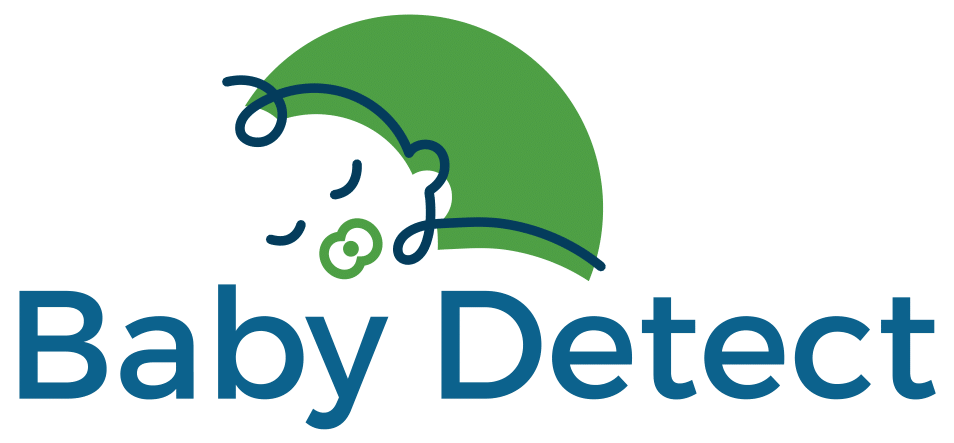Includes:
- Autosomal dominant severe congenital neutropenia – Also known as: ELANE-related neutropenia – ELANE, GFI1, SRP54 genes
- OMIM#233700 https://omim.org/entry/233700
- OMIM#613107 https://omim.org/entry/613107
- OMIM#618752 https://omim.org/entry/618752
– Autosomal recessive severe congenital neutropenia – Also known as: Kostmann disease; agranulocytosis, infantile; Dursun syndrome – HAX1, G6PC3, VPS45, JAGN1, CSF3R genes
OMIM#610738 https://omim.org/entry/610738
OMIM#612541 https://omim.org/entry/612541
OMIM#615285 https://omim.org/entry/615285
OMIM#616022 https://omim.org/entry/616022
OMIM#617014 https://omim.org/entry/617014
1. The disease:
Severe congenital neutropenias (SCN) are a heterogeneous group of rare haematological diseases characterized by impaired maturation of neutrophil granulocytes. The most frequent pathogenic defects are autosomal dominant mutations in ELANE, which encodes neutrophil elastase, and autosomal recessive mutations in HAX1, whose product contributes to the activation of the granulocyte colony-stimulating factor (G-CSF) signalling pathway. The pathophysiological mechanisms of these conditions are the object of extensive research and are not fully understood. Furthermore, severe congenital neutropenias may predispose to myelodysplastic syndromes or acute myeloid leukaemia. Mutations in numerous genes have been linked to congenital neutropenia.
2. The symptoms:
Patients with severe congenital neutropenia are in higher risk to have recurrent, often life-threatening infections beginning in their first months of life. Infants can be asymptomatic at birth and in the neonatal period. Lack of early signs or symptoms does not exclude the diagnosis.
- Conceptually, severe chronic neutropenia is defined as blood absolute neutrophil counts (ANCs) < 0.5 × 109/L.
- Bone marrow examination can show maturation arrest of myelopoiesis at the level of promyelocytes, which generally leads to reduced count of neutrophils but elevated numbers of atypical promyelocytes.
- In these patients, the risk of infections such as gingivitis, otitis, pneumonia, skin infections, deep abscesses and septicaemia begins in the neonatal period, but without proper treatment, continues throughout life.
- Severe congenital neutropenia is usually diagnosed by early childhood. In neonates, a diagnostic clue could be an acute and severe umbilical infection, which can occur within the first days of life.
- During the first weeks of life, the child might begin to have fevers associated with respiratory symptoms, including signs of pneumonia.
- A few weeks or months later, cellulitis or deep tissue abscesses might be present. Severe gingivitis and periodontitis can develop within the first two years.
3. Actions to take in case of early diagnosis:
- Infants with a positive genetic test (having 2 mutations or 2 copies of a single mutations in autosomal recessive SCN or 1 mutation in autosomal dominant SCN gene) should continue breastfeeding
- Infants with a positive genetic test should have the following investigation:
- Blood neutrophil count: expected ANCs < 0.5 × 109/L without G-CSF treatment
- Bone marrow examination with cytogenetics: elevated numbers of promyelocytes and myelocytes and a paucity of metamyelocytes, band cells and mature neutrophils; exclude chromosomal aberrations.
- Diagnosis is based on clinical manifestations, blood neutrophil count, bone marrow examination and genetic and immunological analyses.
- SCN is a lifelong condition that requires lifetime management and regular follow-up with an immunology specialist and a multidisciplinary approach to care, including pediatrics and genetics.
- All febrile episodes or infections should be reviewed by a doctor and treated actively. Prophylactic antibiotics are used to prevent infections.
- Daily subcutaneous G-CSF administration is the treatment of choice and leads to a substantial increase in blood neutrophil count, reduction of infections and drastic improvement of quality of life.
- Haematopoietic stem cell transplantation (HSCT) is the alternative treatment.
- Regular clinical assessments (including yearly bone marrow examinations) to monitor treatment course and detect chromosomal abnormalities (for example, monosomy 7 and trisomy 21) as well as somatic pre-leukaemic mutations are recommended.
- Genetic counselling is highly recommended for family planning and evaluation of at-risk family members.
4. For more information:
Biblio :
